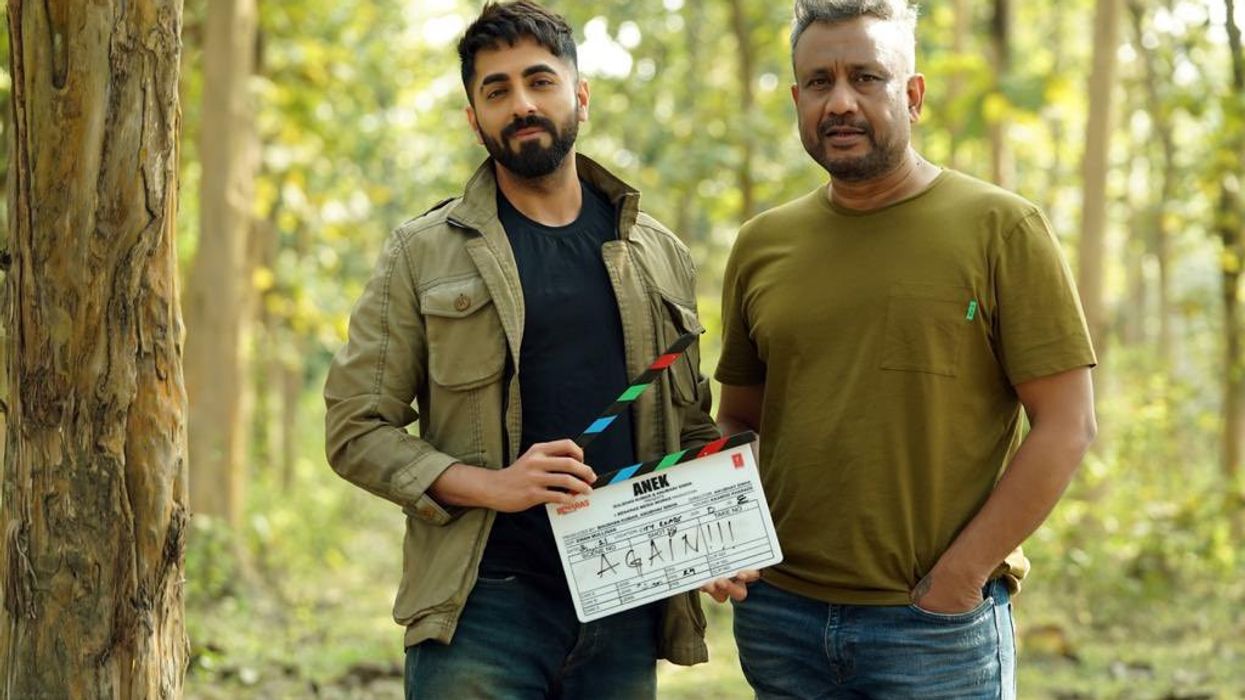Acclaimed Bollywood filmmaker Anubhav Sinha on Wednesday announced that his next film Anek, starring National Film Award-winning actor Ayushmann Khurrana, is set to release theatrically on May 13, 2022.
Touted to be a political thriller, Anek is set against the geopolitical backdrop of Northeast India. Bhushan Kumar and Sinha have jointly produced the film under their respective banners, T-Series Films, and Benaras Mediaworks. The makers shared the new release date of the film in a statement.
Anek was earlier scheduled to enter theatres on March 31, but with the third wave of the coronavirus pandemic hitting India, the makers decided to shift the date to May.
Sinha, who is known for helming such well-received films as Mulk (2018), Article 15 (2019), and Thappad (2020) over the past couple of years, said that Anek is a film that celebrates the diversity of India.
“Anek is based on a subject that concerns our country at a deep-rooted level. The film is set in a certain social context and aims to celebrate the diversity of our nation. We shot it in locales hard to navigate and in times that were the most difficult. But the film feels like a triumph of our spirit and I am so proud of what we've created,” the director said in a statement.
Producer Bhushan Kumar said Anek explores an important subject that needs to be brought to the forefront. “This is a new benchmark Anubhav is setting for the industry by telling such a passionate story,” Kumar added.
The upcoming film marks the second collaboration between Sinha and Khurrana. They first collaborated on the 2019 film Article 15, which received a rousing response from critics and audiences alike. It was one of the most successful films of 2019.
Keep visiting this space over and again for more updates and reveals from the world of entertainment.




